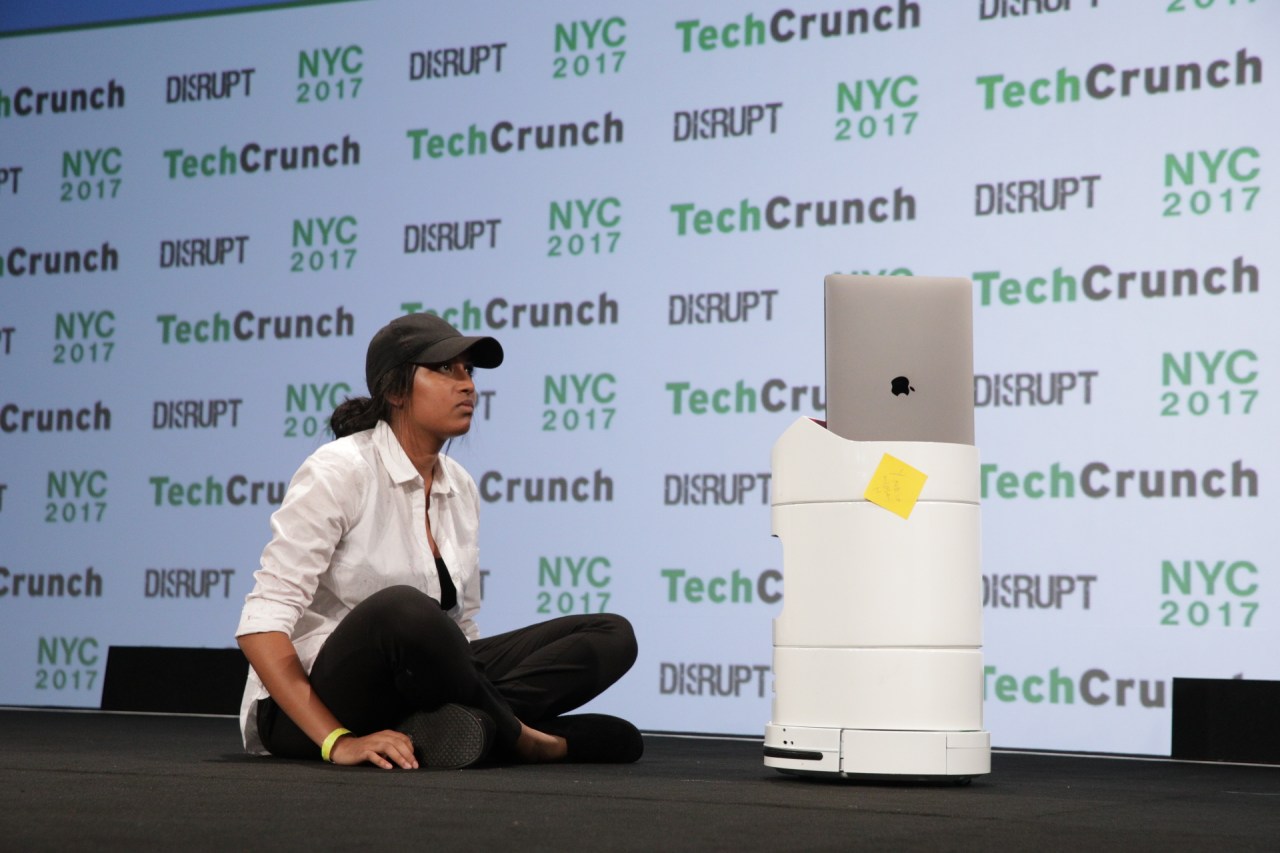In a world where technology continuously revolutionizes the way we communicate, a remarkable development emerged from the TechCrunch Disrupt Hackathon in 2017. A team of motivated sophomores from Rutgers University unveiled their brainchild, Robota—an innovative social robot designed to facilitate communication in special education settings. This pioneering initiative sheds light on how artificial intelligence can serve as an invaluable ally for children with special needs, helping them bridge the gap between their emotions and expression.
Understanding Robota: A Nonjudgmental Companion
Robota is far more than just a technological marvel; it symbolizes a compassionate approach towards education and emotional well-being. Utilizing advanced computer vision and sentiment analysis, this robot identifies students who might be experiencing distress. When such a situation arises, Robota gently approaches and engages the student, creating a safe space for them to express their feelings. Understanding that many children with special needs often feel anxious or judged, Robota serves as a nonjudgmental figure, encouraging open communication.
Revolutionizing Student-Teacher Dynamics
One core challenge faced by students with special needs is their ability to openly communicate with teachers and authority figures. Robota is designed to overcome this challenge, making interaction smoother and more effective. When a student shares their complaints, Robota employs natural language processing to convert their spoken words into text. This allows it to assess whether the issues raised require adult intervention, ensuring that urgent matters are swiftly communicated to teachers or parents.
- Easing Anxiety: By providing a comforting outlet for expression, Robota helps to alleviate the anxiety that students may feel when approaching an adult.
- Parental Involvement: The robot can also send text summaries of a child’s grievances to parents and teachers, ensuring that everyone is informed and ready to provide assistance.
Building on Existing Technologies
The team behind Robota, consisting of Abdullah Shareef, Aditya Shastri, and Rithika Korrapolu, expertly harnessed cutting-edge technologies from platforms like TurtleBot and incorporated software from Autonomous, Clarif.ai, and IBM. This combination of resources has allowed Robota to effectively assist students while standing on the shoulders of its predecessors, like Paro and NAO, which have made strides in mental health support for various demographics.
Broader Implications for the Future
Robota’s impact extends beyond just classrooms. As we explore new ways to integrate technology into our daily lives, the importance of emotional support and understanding cannot be overlooked. The success of Robota signifies a shift towards a future where robots can play a crucial role in mental health and well-being through various stages of life, from childhood to eldercare.
Conclusion: A Hopeful Future for Communication
Robota exemplifies a beacon of hope for children with special needs, illustrating how innovative technology can enhance communication and emotional support in educational environments. By removing barriers related to anxiety and judgment, Robota offers a safe avenue for expression, empowering children to share their concerns more freely.
At fxis.ai, we believe that such advancements are crucial for the future of AI, as they enable more comprehensive and effective solutions. Our team is continually exploring new methodologies to push the envelope in artificial intelligence, ensuring that our clients benefit from the latest technological innovations. For more insights, updates, or to collaborate on AI development projects, stay connected with fxis.ai.

